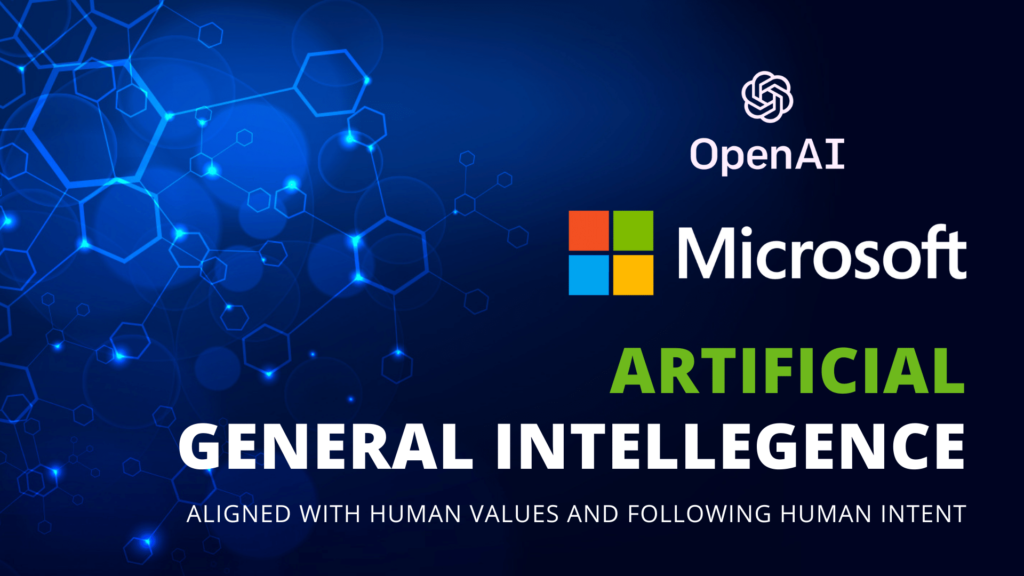
As the use of artificial intelligence (AI) becomes more prevalent in our daily lives, the need for responsible and trustworthy AI systems, aligned with human values and following human intent, is becoming increasingly important. In their quest to develop such systems, both Microsoft and OpenAI have outlined their approaches to responsible AI development. Microsoft has recently shared its Responsible AI Standard, a framework to guide the development of AI systems. OpenAI, on the other hand, takes an empirical and iterative approach to aligning AI with human values. In this blog post, we will take a closer look at both companies’ approaches and how they can serve as valuable resources for software teams looking to implement responsible AI in their own work. We will explore the specific guidelines and best practices outlined by Microsoft and OpenAI for responsible AI development, and how these frameworks can help ensure that AI systems are built with fairness, reliability, safety, privacy and security, inclusiveness, transparency, and accountability in mind.

In a recent blog post, Microsoft shared its Responsible AI Standard, a framework to guide the development of AI systems. The goal of the framework is to proactively guide decisions about AI systems towards more beneficial and equitable outcomes, by keeping people and their goals at the center of system design decisions and respecting values such as fairness, reliability and safety, privacy and security, inclusiveness, transparency, and accountability.
The Responsible AI Standard provides specific, actionable guidance for Microsoft’s teams, with concrete goals and outcomes that teams must strive to achieve, breaking down broader principles into key enablers and providing resources and tools to help teams succeed. The framework is an important step in building better, more trustworthy AI and in earning society’s trust.
This announcement comes as AI is becoming more and more a part of our lives, and the need for practical guidance on responsible AI development is growing. Microsoft recognizes its responsibility to act, and to work towards ensuring that AI systems are responsible by design, in the absence of laws that have yet to catch up with AI’s unique risks and society’s needs.
OpenAI, another company working on AI alignment, takes a similar approach to responsible AI development. They also use an empirical and iterative approach, constantly working to improve their AI systems’ ability to learn from human feedback and to assist humans in evaluating AI. They also focus on training AI systems using human feedback, and training AI systems to assist human evaluation, and training AI systems to do alignment research themselves.
Both Microsoft and OpenAI recognize the importance of keeping people and their goals at the center of AI system design decisions, and the need to respect values such as fairness, reliability and safety, privacy and security, inclusiveness, transparency, and accountability. The responsible AI frameworks and best practices developed by these companies can serve as valuable resources for software teams looking to implement responsible AI in their own work.:
Further reading:
Microsoft: Microsoft’s framework for building AI systems responsibly
Curious how Xablu can help your organization ?